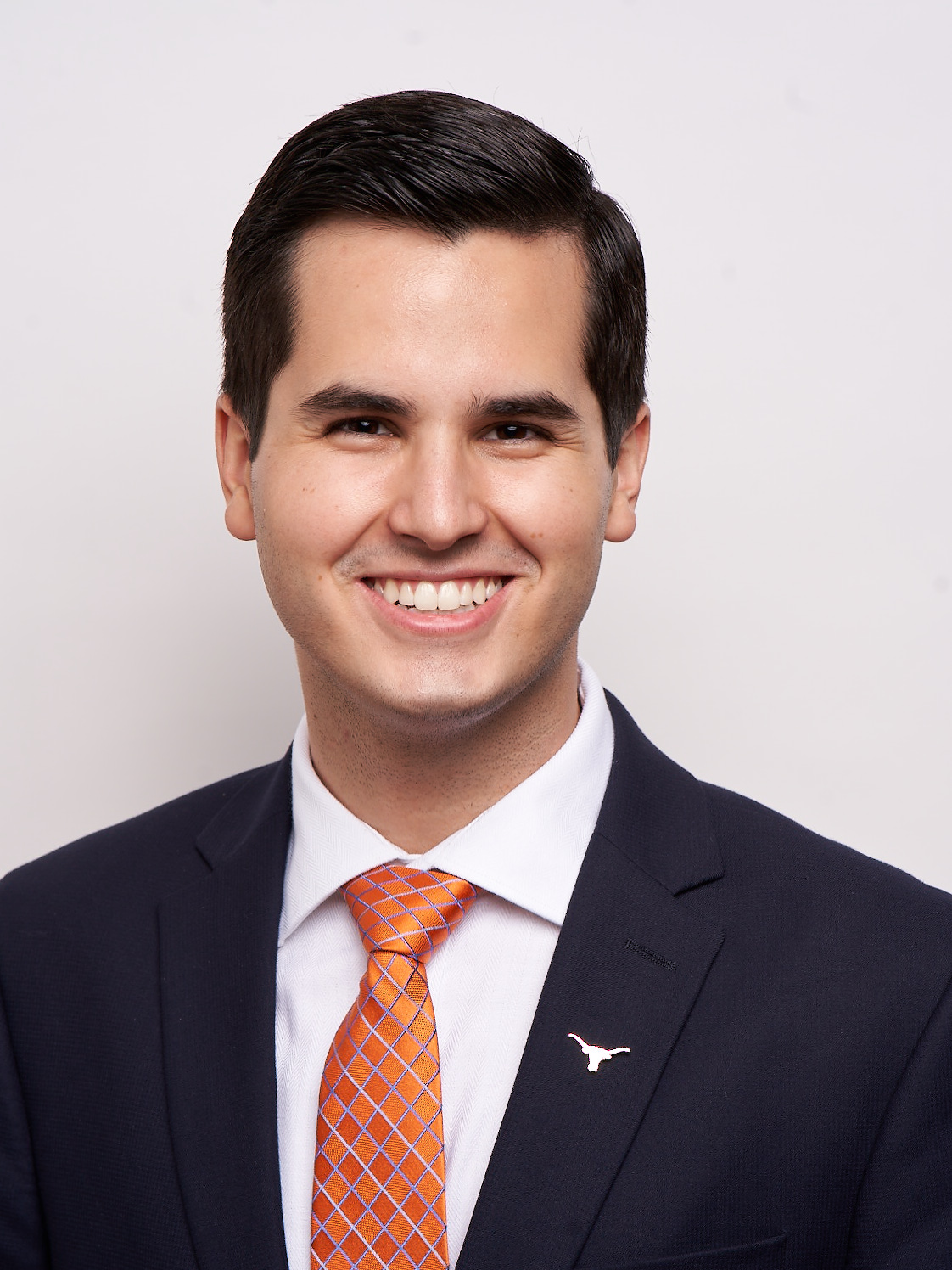landscape-wide-100-1-column-background-7-alt-1
Style Image

Paragraph Layout Type
Flexbox
Paragraph Background
Background - tangerine
Paragraph Layout Orientation
Vertical - Flexbox
Image Reverse Order
No
Item Text Type
alt-3
Item Layout Type
flexbox
Item Box Layout
Component, Padding - all








